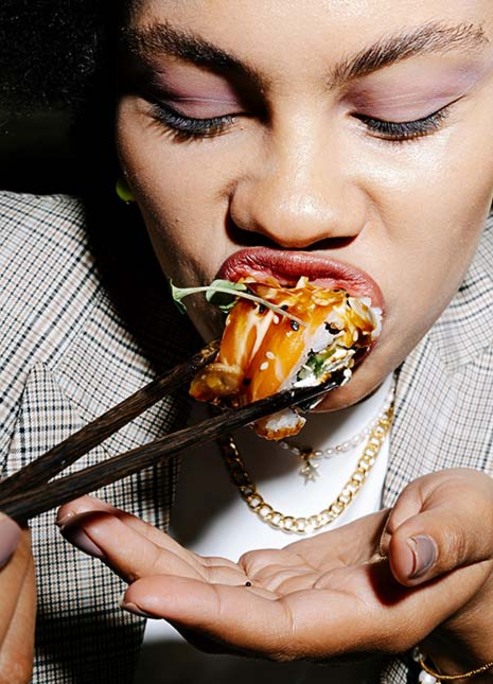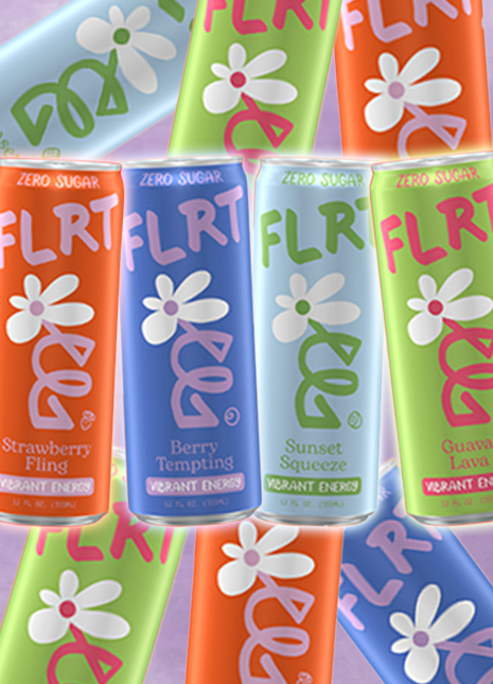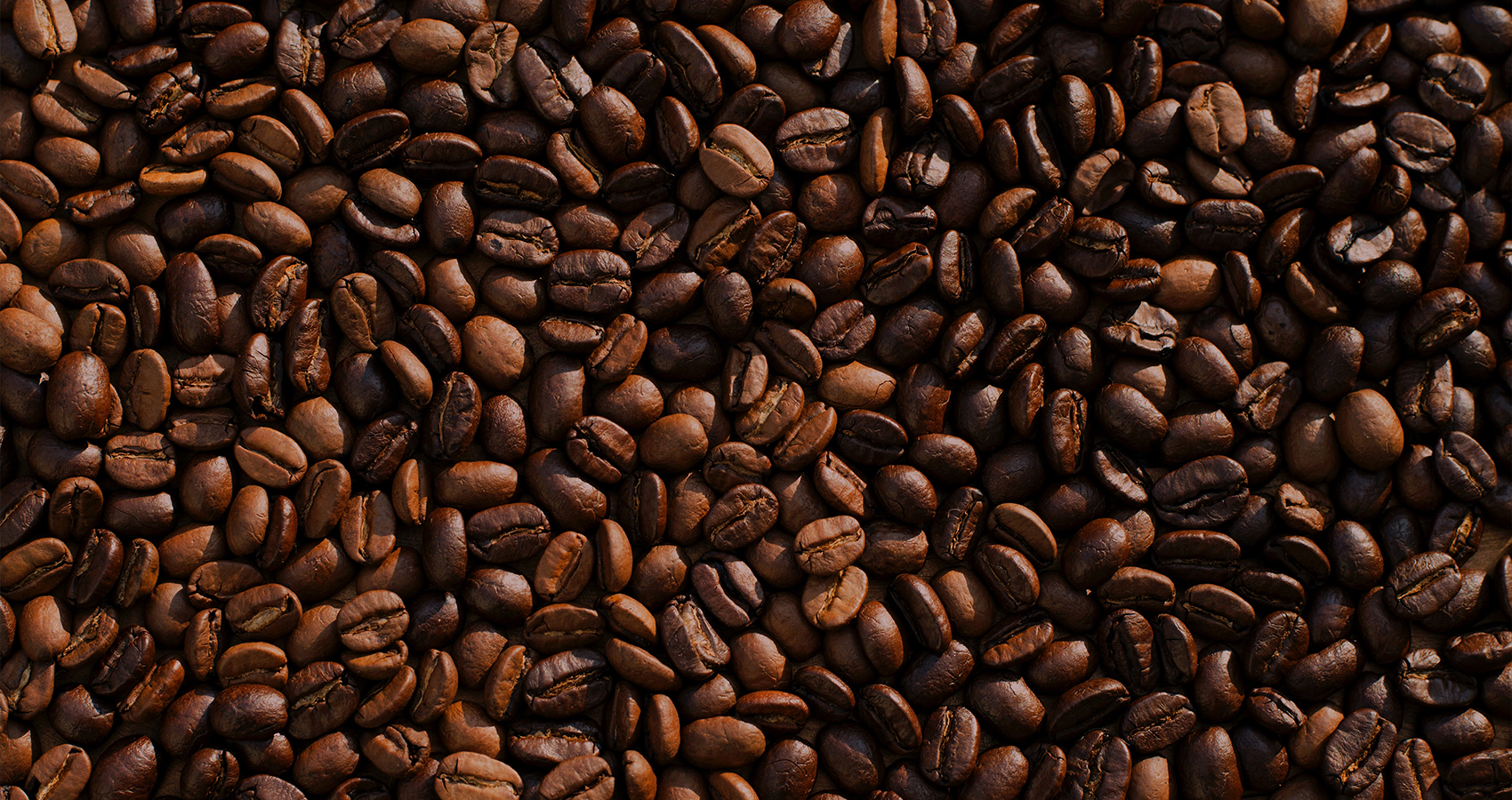
Why CBD Coffee is the Next Wellness Trend
A match made in heaven.
It is true that coffee is considered one of the most versatile and popular beverages globally, with individuals drinking approximately two billion cups every day. From independent coffee shops to at-home machines, coffee has become a significant part of modern culture, as people depend on it for productivity, focus and socializing.
Interestingly, coffee shops are usually ahead of the curve when new trends come to town, from milk alternatives, syrups and state-of-the-art creations. It's safe to say CBD (cannabidiol) is no different. Looking at the possible benefits, it seems CBD and coffee are a match made in heaven. Some experts say this blend will give you the alertness of coffee but without the famous jitters that come with it.
In this article, we'll break down everything you need to know about CBD and if adding it to your morning coffee lives up to anecdotal reports.
Is Coffee Good for You?
Most people consume coffee daily, but is it any good for you? Individuals tend to turn to caffeine when they need an energy boost, more focus and enhanced productivity.
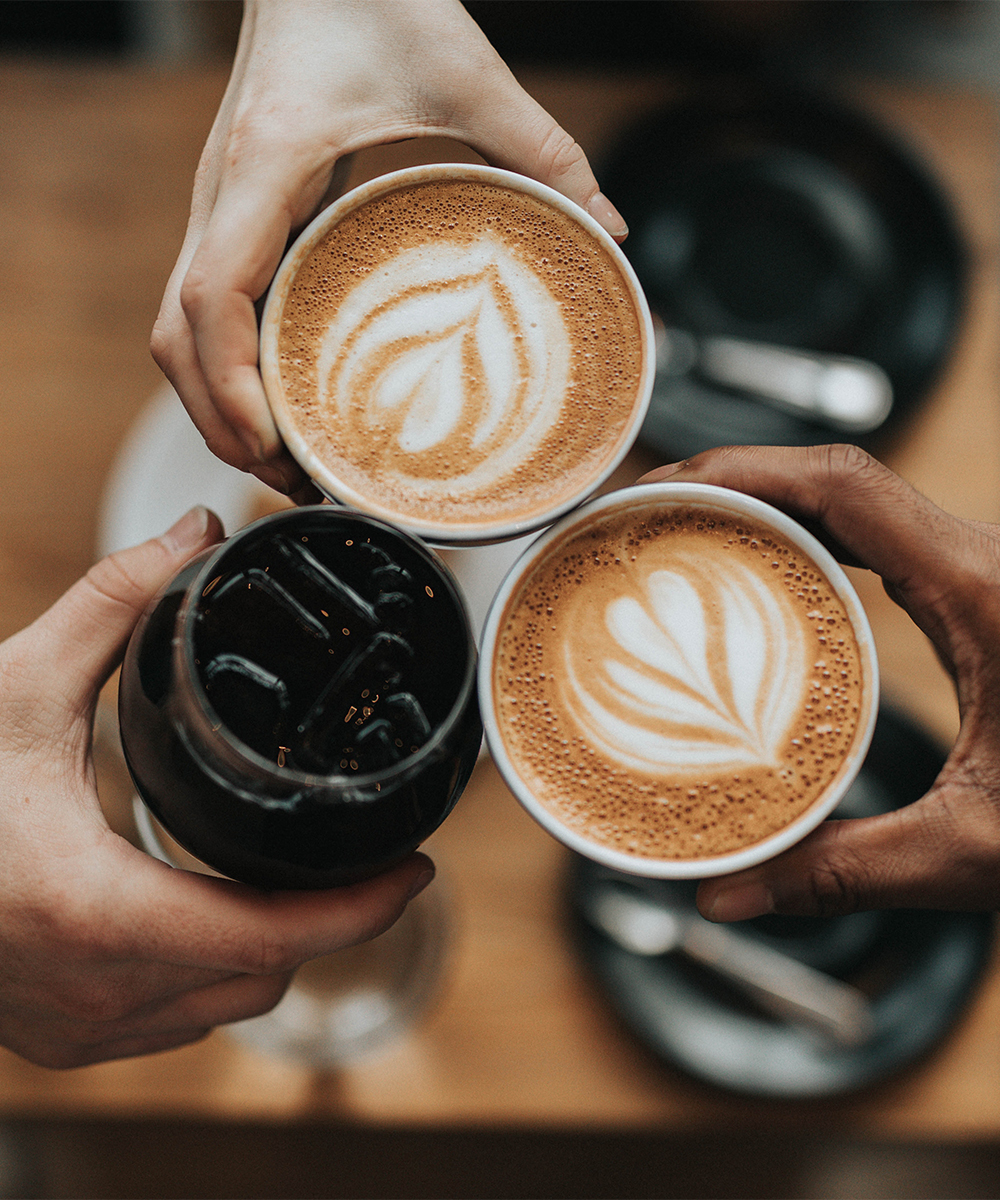
Coffee tends to impact the brain and blocks neurotransmitters that make you feel tired. When caffeine takes effect, which is usually quite quick, it stimulates the brain, triggering a state of arousal and alertness.
However, for people who consume too much or are sensitive to caffeine, side effects aren't far behind. Some coffee drinkers report feeling anxious, "jittery" and restless after consuming too much coffee. These can lead to headaches, worsened symptoms of anxiety and sleep issues. That said, when consumed in moderation and alongside a healthy lifestyle, caffeine may elicit some of those positive effects.
What is Cannabidiol?
CBD, short for Cannabidiol, is a chemical found in hemp — a strain of cannabis. The chemical compounds found in cannabis are known as cannabinoids and may have some exciting benefits. CBD, in particular, has a considerable presence in the wellness industry as a holistic supplement to promote well-being.
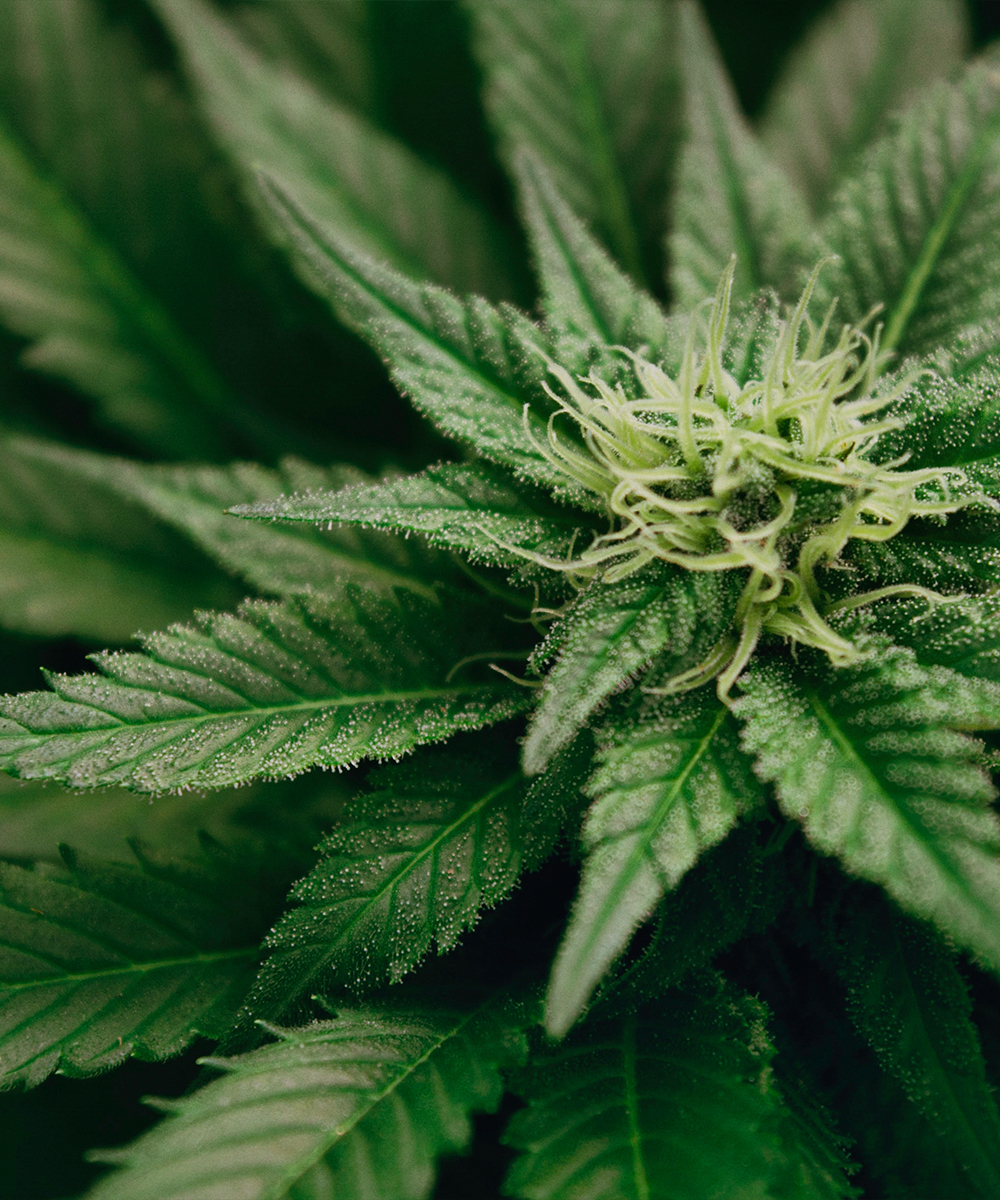
CBD may interact with a system in the body called the endocannabinoid system (ECS). The ECS is a complex network consisting of endocannabinoids (cannabinoids produced by the body), enzymes and relative receptors. This unique system facilitates communication between cells, possibly contributing to homeostasis — a process that keeps the body in perfect balance.
The ECS might play a role in the following areas:
- Mood;
- Appetite;
- Pain;
- Sleep;
- Digestive system;
- Immune system;
- Reproductive system;
- Central nervous system.
Cannabinoids may act in a similar way to endocannabinoids by supplementing the functioning of the ECS. For this reason, many people use CBD for sleep and symptoms of stress to promote relaxation and calm.
Currently, experts have only approved CBD for a rare type of epilepsy; therefore, further research is needed to determine how CBD may play a role in wellness.
Will CBD Cause a High?
To put it simply, no. Manufactures use hemp to extract CBD, which actually consists of low concentrations of tetrahydrocannabinol (THC), the compound that may trigger a "high" if someone consumes too much. In fact, hemp is ideal for extracting cannabidiol as it also contains a high concentration of CBD.
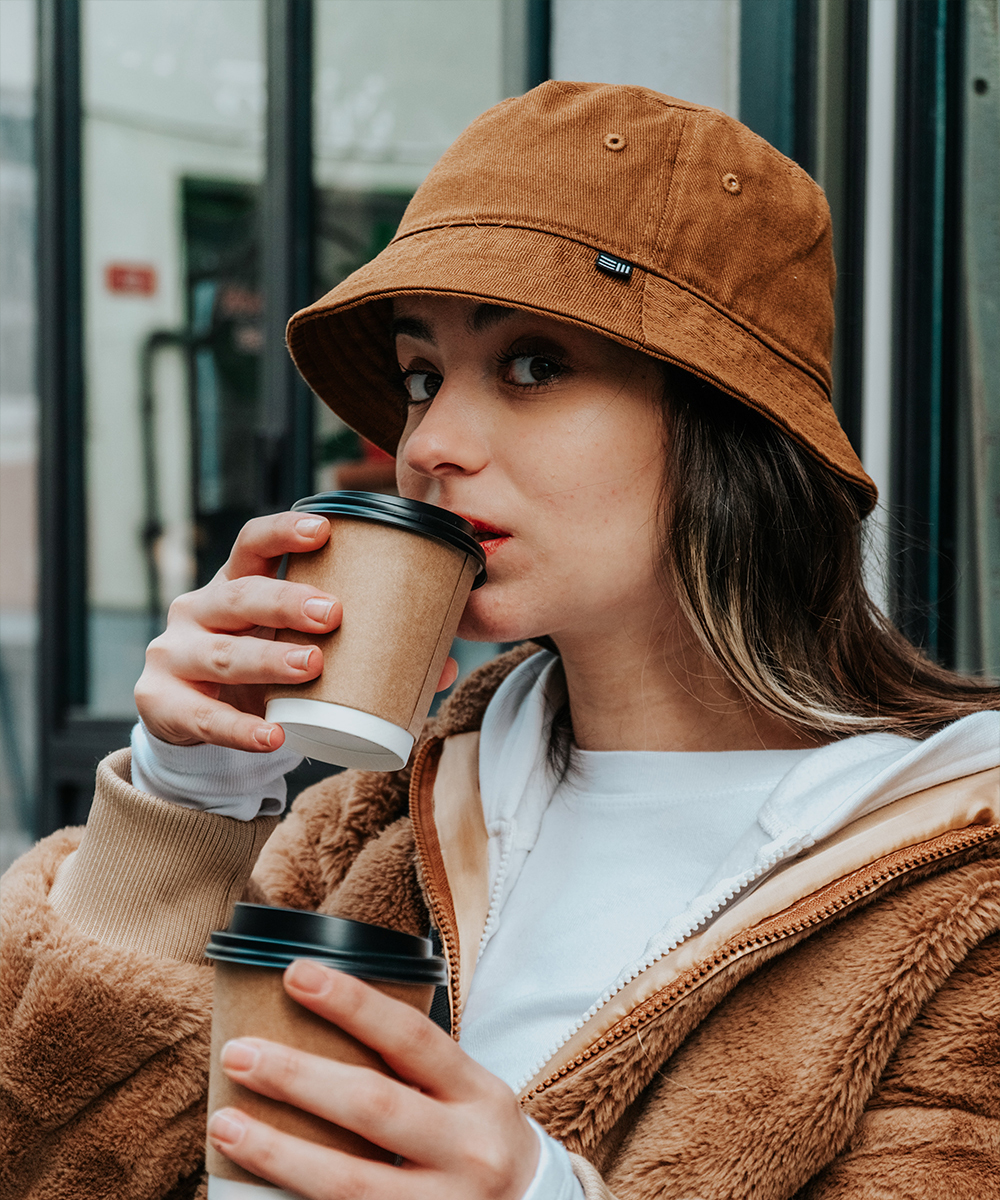
During the extraction process, manufacturers remove as much THC as they can. Full-spectrum CBD extracts may contain trace amounts of THC, as it uses the full spectrum of compounds in hemp. That said, this quantity isn't enough to cause intoxication.
Moreover, as the international laws surrounding THC are strict, the USA requires CBD products to contain less than 0.3% THC. In comparison, the UK sets its limit at 0.2%.
Will CBD Products Show Up On a Drug Test?
It's common to assume CBD may show on a drug test, but these tests don't typically search for cannabidiol. In 2018, regulators removed CBD from the World Anti-Doping Agency's Prohibited List. Although rare, there is a possibility that full-spectrum CBD may trigger a false negative because of the trace amounts of THC.
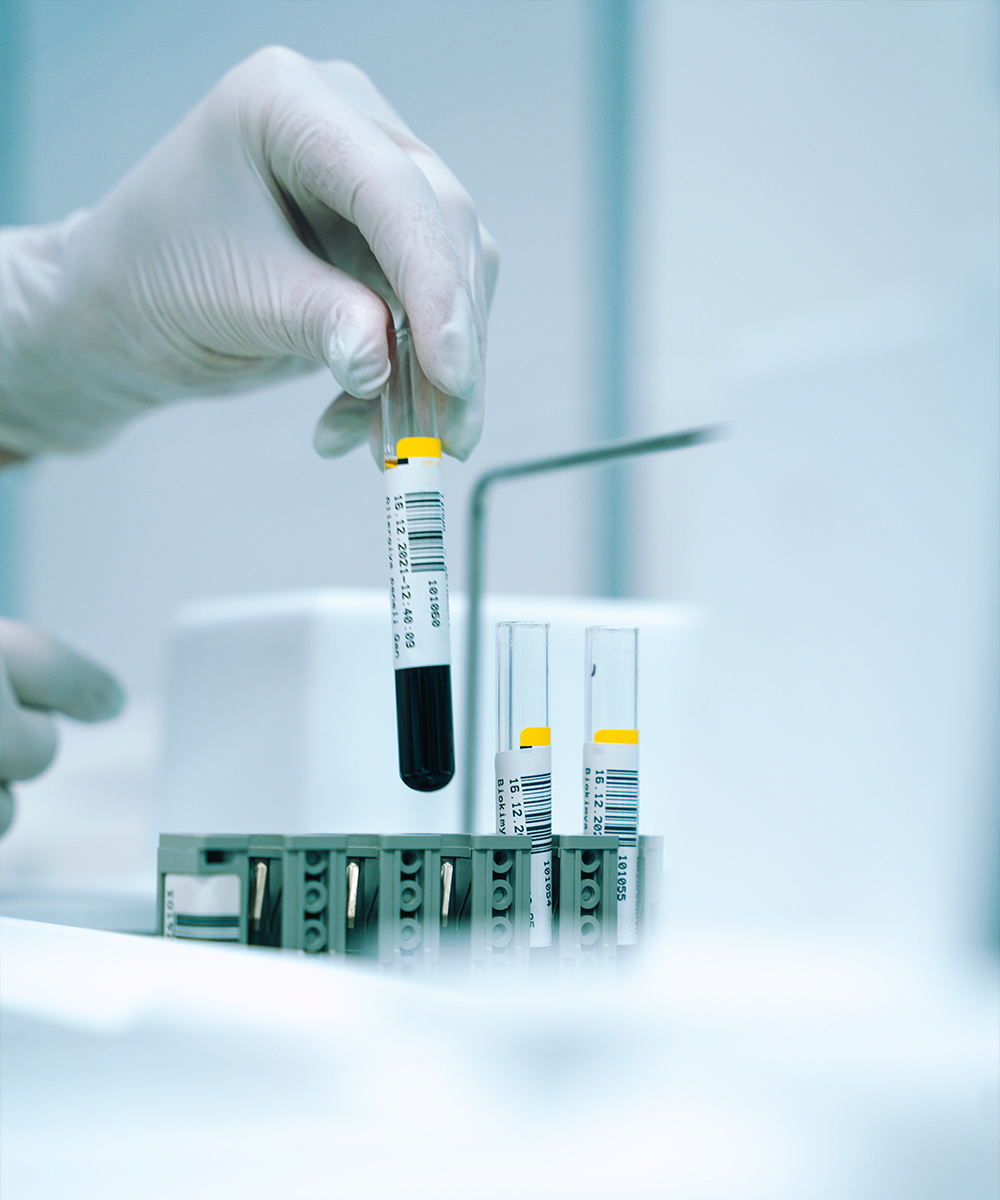
Although this isn't enough to cause intoxication, some brands aren't adequately regulated and may contain more THC than the label stated. If in doubt, try switching to CBD isolate, the purest form of CBD with no added ingredients.
Does CBD Coffee Work?
It's safe to say CBD coffee has made a name for itself in the wellness and food industry, particularly in fashionable locations, like New York, where CBD is a firm favorite. Despite its popularity, will a cup of cannabis-infused coffee live up to its high expectations?
Many people who report feeling different after consuming CBD tend to take a cannabidiol supplement daily. Experts suggest CBD may work best when taken consistently as the compound has time to build up in your system and produce benefits over time. That said, some people swear by using CBD for (almost) immediate relaxation. Research shows CBD starts taking effect after 30 minutes to 2 hours, depending on how you consume it - supporting these findings.
CBD affects everyone differently, but if you find it works for you, CBD coffee may be an excellent way to mix up your CBD consumption. Some people say adding hemp oil to coffee will mitigate the downsides of caffeine while still providing calm and focus during your day. With that in mind, if you have a sensitivity to caffeine, you may find CBD will help you enjoy a cup again.
How to Make CBD Coffee?
Making CBD coffee couldn't be easier. Simply make your favorite caffeinated beverages by adding your preferred milk and syrups. Then, add a couple of drops of CBD oil to the drink and stir occasionally.
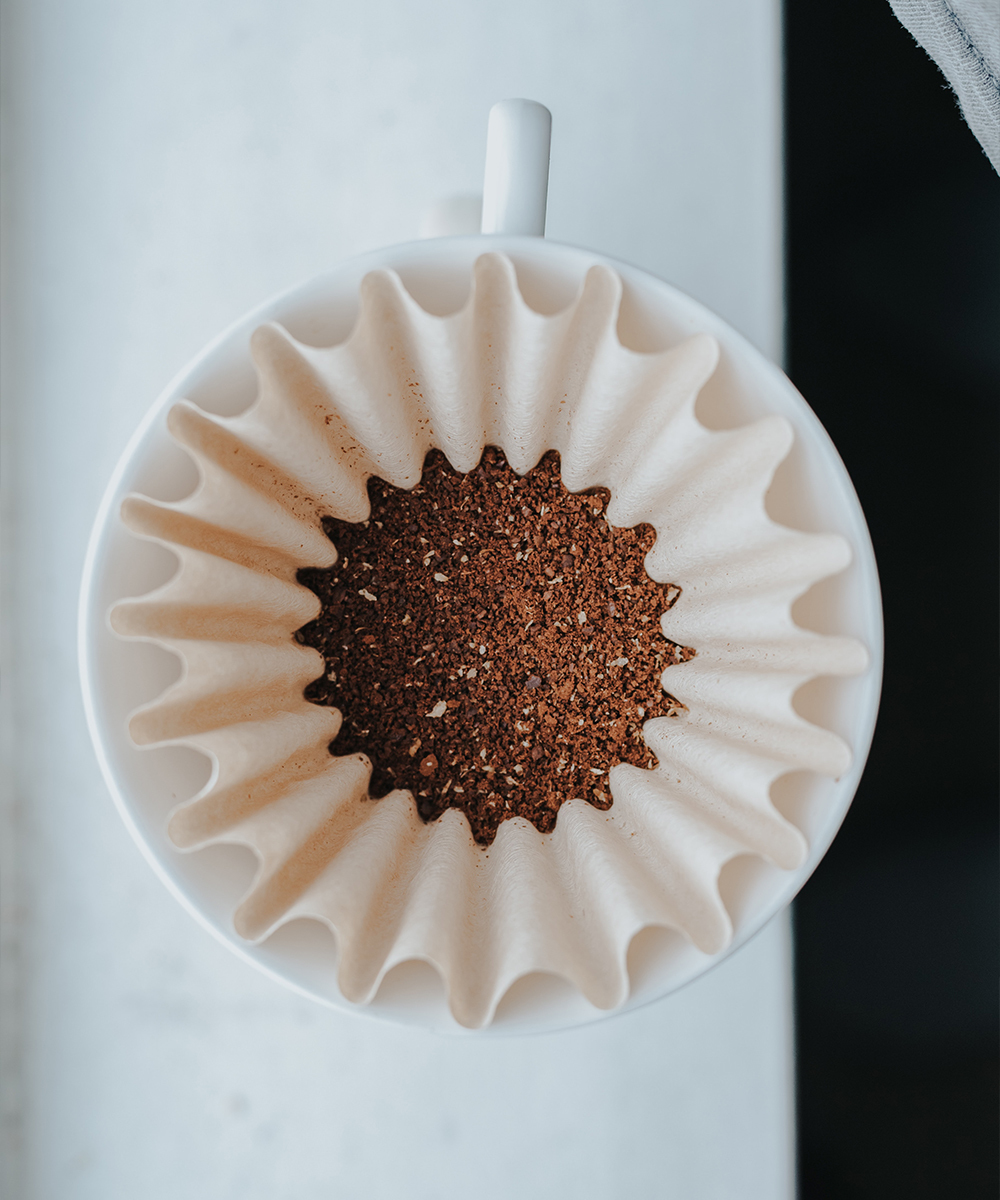
Alternatively, for an easier approach, buy CBD-infused coffee for a blend of premade goodness.
How Many Drops of CBD in Coffee?
This depends on the dosage you require. CBD dosing can be tricky and takes some trial and error. When diluted in a 10ml bottle, a low dose may be between 100-300mg.
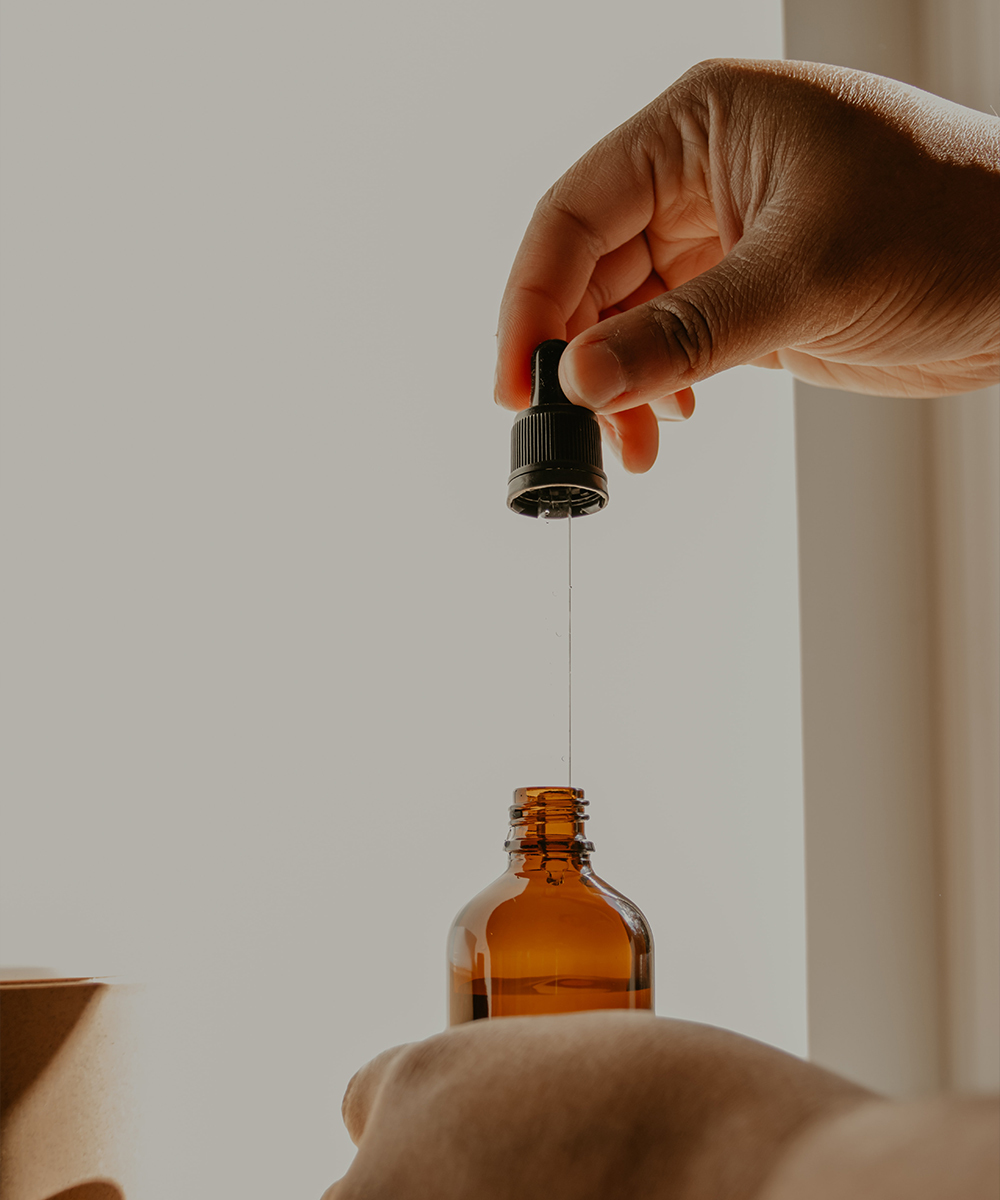
Whereas a medium dose is approximately 600mg and a high strength starts from 1000mg upwards. When experimenting with CBD, always start low and build up the strength over time and use the CBD dosage calculator, especially if you're new to cannabinoids.
Key Takeaways
CBD coffee is sure to be a creative and tasty way to get your daily dose of cannabidiol! While some people will enjoy relaxation alongside the benefits of coffee, CBD affects everyone differently, and some don't have the same effects. That said, the odd cup of CBD coffee may be suitable for people sensitive to caffeine to curb those unwanted jitters.
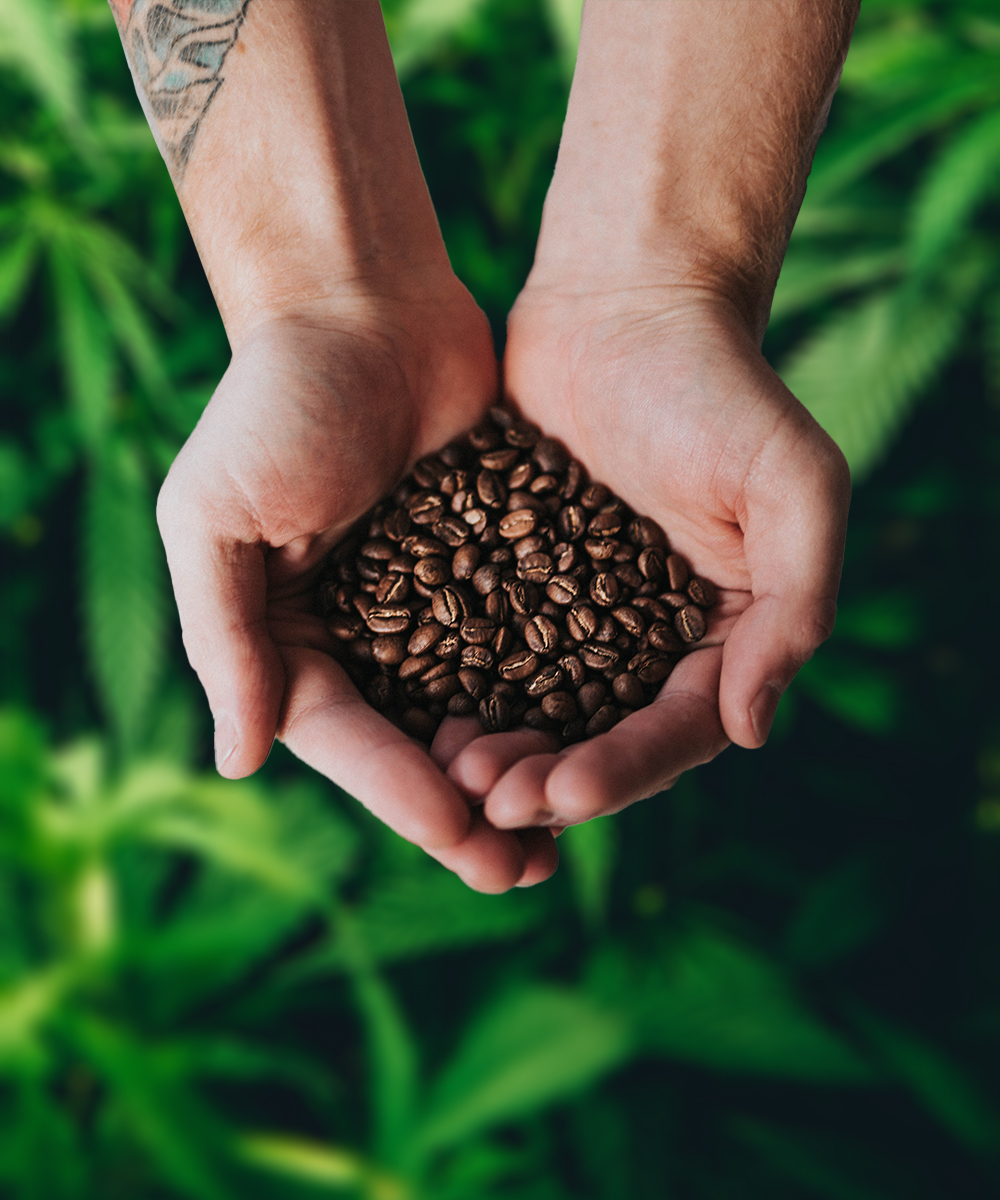
If you're keen to try CBD, consult your doctor about including it in your routine, especially if you have any health concerns or consume any medication.
We hope this article has answered all your coffee and CBD questions!



